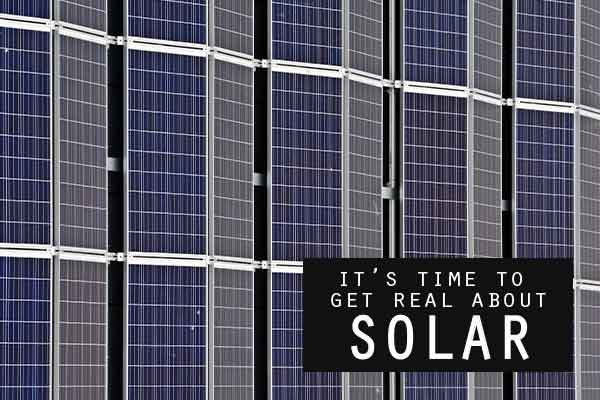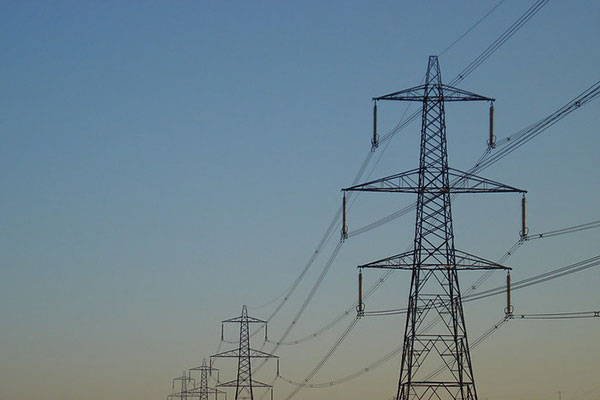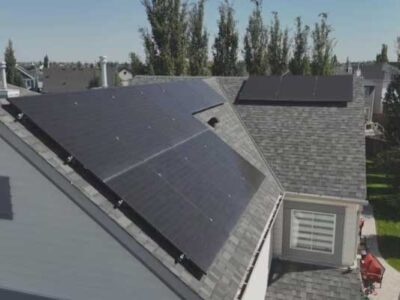As a business owner, profitability is not just a nice to have- it’s a necessity to sustain your business for future generations.
When making changes to your business, you don’t just think about tomorrow, but the overall impact that this change will have in the future.
Sustainability and reducing your carbon footprint are nice ideas. But let’s be frank, these ideas are only viable if they enhance your bottom line instead of eroding what you have worked so hard to gain.
Business decisions cannot be made based on the environment alone. It needs to be a decision that will be economically sustainable. Failing to take into account both the short term and long term economic impact of a change in your operation is simply bad business.
So, this begs the question, have you considered the long-term economic impact of remaining with your current electricity system?
We decided to invest in alternative energy because it makes good business sense when looking at the long-term cost of energy. I’m a pragmatist. And here at EthoEnergy, we think a lot of companies have been approaching solar the wrong way.
So, let’s be real about solar and what it could do for your business.
Fact no 1: Solar Energy is not for Everyone
You need sun to make a profit from solar energy. So, if your business is in a heavily shaded area, you may not be a good candidate for solar.
Fact no 2: Electricity rates will continue to increase
To date, the government has spent billions of dollars and is predicted to continue this spending trend. Hydroelectric and especially nuclear energy, which is where close to 60 percent of our existing energy in Ontario comes from, requires extensive maintenance and support.
This upkeep needs to be paid for. This means that even though we currently may be under a hydro relief plan, this plan will not be a long-term solution.
In the future, we will not only be paying for the cost of maintaining and using electricity, but also the interest from the debt that the province of Ontario has accrued.
Fact no 3: Using energy is a necessary cost of operating a business
At a bare minimum, the operating costs for businesses include their HVAC systems, machinery, computers and lighting all which require energy to function. However; to remain competitive, businesses are shifting towards advanced machinery in robotics. These improvements in efficiencies and productivity are dependant on electricity for their operation.
Fact no 4: Thinking short term for energy does not make good financial sense.
In the long term, electricity generation tends to rise slightly every year to meet gradually increasing demand. For example: In 2014, electricity generation in Canada amounted to 639 terawatt hours. By comparison, electricity generation totaled 467 billion kilowatt hours in 1990. As businesses convert to robotics and other forms of technology into their operations, they will consume more energy, which translates to higher electricity bills.
But that’s not all, currently, there is a hydro relief plan in place, which helps to take some of the weight from small businesses. But, when this relief period ends, the electricity rates will increase.
We believe that every company should do their own research. Don’t wait for someone else to tell you what is right to do, find out what is best for your company today!.
Isn’t it time to stop going to the government for directions on how to reduce the cost of energy. Instead, look at the facts. Short term solutions, like relief plans, are just that, short-term. The debt eventually needs to be paid back.
Don’t get me wrong, installing solar isn’t free. However; once installed, there is minimal maintenance required. In fact, most companies start seeing a financial gain within 7 years.
With net metering, the solar energy that is produced at your business will be deducted from the electricity bill. And if there is an energy credit (your business produced more energy than it consumed), then the credit is applied towards future energy bills.
So, you have a choice! Do you make an investment in solar energy and take a step towards controlling your company’s energy costs? Or do you continue to rely on the government and third-party providers for financially viable solutions?
So today, I urge you, to look at renewable energy not as a “better for the environment” solution but as a pragmatic business decision. Take control of your business expenses by seeking solutions that will reduce your operating costs long term.











Comments